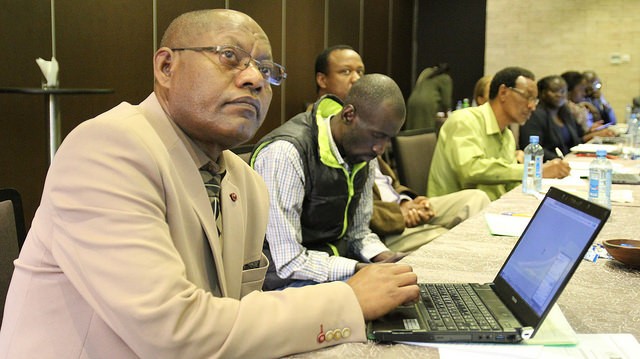Nairobi, 26 September 2018. The Support for Effective Cooperation and Coordination of the Cross-border Initiative in the Cross-Border Areas of the Horn of Africa Region (SECCCI) project has officially started with an inception workshop, held in Nairobi, Kenya on 26 and 27 September 2018.
The SECCCI project was launched by the European Union with financing from the Emergency Trust Fund for Africa (EUTF). The objectives of this programme are to create greater economic and employment opportunities; strengthen resilience of vulnerable communities; improve governance and conflict prevention, and reduce forced displacement and irregular migration. It is implemented in the cross-border regions of Southwest Ethiopia-Northwest Kenya, Marsabit-Borana and Dawa, and Kenya-Somalia-Ethiopia.
The workshop was convened by the Intergovernmental Authority on development (IGAD), which is the coordinating the project. It brought together the stakeholders working in the cross-border to have a common understanding of the common goal, harmonize planning and share the experiences that have been made implementing cross-border activities and to define an action plan that will address emerging challenges in implementing cross-border activities.
Dr. Solomon Munyua, the Director of the IGAD Centre for Pastoral Areas and Livestock Development officially opened the workshop. In his statement, he stated that in addition to livestock, the Implementing Partners should pursue the potential of other natural resources, such as non-wood forest products and artisanal mining, as a source of livelihoods for pastoral communities in cross-border areas. He urged the Implementing Partners to build strong working relationships that would enable them to deliver the results of the project, and to leverage on additional resources.
In addition to IGAD and UNDP, other participants were drawn from three consortia supported by the EUTF: the Regional Approaches for Sustainable Conflict Management and Integration (RASMI) and Selam Ekisil (SEEK) led by PACT, Building Opportunities for Resilience in the Horn of Africa (BORESHA), led by Danish Refugee Council, and the Omo-Delta Project, led by Veterenaires Sans Frontieres Germany (VSF-G).
After presenting their projects, the Implementing Partners held discussions and came up with an action plan to harmonize work plans, strengthen knowledge management and collaboration and coordination. Non-governmental partners sought the assurance of support from IGAD to build stronger linkage with, and improve cooperation with the national and local government structures across the borders.
Speaking after the workshop, the Coordinator of the SECCCI Project, Dr. Gezahegn Aboset said, “We have set an action plan for the way forward. If we implement the activities in a timely way and establish our monitoring, evaluation and learning plan, as well as the knowledge management plan, then we will effectively deliver results. We will also align our activities with the Member Countries and the local authorities, we will easily address any challenges that may emerge.”

